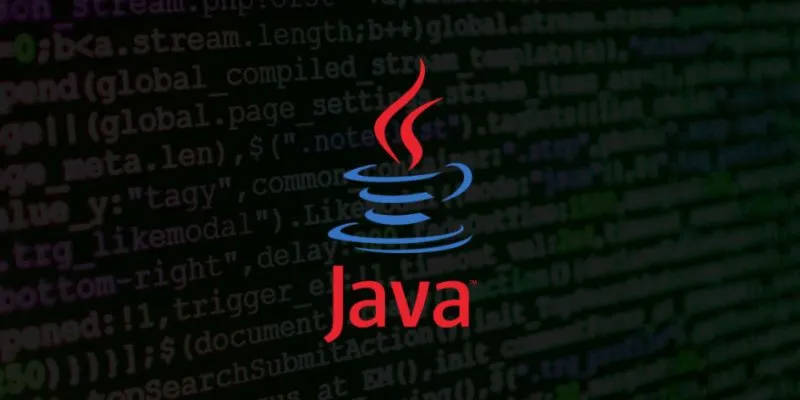
Java has long been a leading programming language for enterprise, web, and mobile applications, thanks to its versatility, robustness, and platform independence. While understanding the basics of Java is essential, professionals who aspire to advance in software development need to explore advanced Java concepts. Mastering these concepts enables developers to write more efficient, scalable, and maintainable code while staying competitive in today’s rapidly evolving tech industry. For those looking to gain hands-on experience and practical knowledge, enrolling in a Java Course in Bangalore at FITA Academy can provide in-depth training, real-world examples, and expert guidance to apply these advanced concepts effectively in professional projects.
1. Generics
Generics allow developers to create classes, interfaces, and methods with type parameters, ensuring type safety at compile time and reducing the need for explicit type casting. Code more reusable, flexible, and robust. Professionals who master generics can design reusable libraries and APIs that are type-safe and easier to maintain, improving overall code reliability and efficiency.
2. Java Streams and Lambda Expression
Introduced in Java 8, streams and lambda expressions are potent tools for functional-style programming. Streams allow developers to process collections of data in a declarative manner, while lambda expressions provide a concise way to represent functions. Mastering streams and lambdas enables professionals to write succinct, readable, and efficient code, reducing complexity and enhancing productivity in large-scale applications.
3. Multithreading and Concurrency
Multi-core computing environment, understanding multithreading and concurrency is crucial. Java provides built-in support for threads, synchronization, and concurrent data structures. Professionals should understand thread management, synchronization, and thread pool frameworks. A Java Course in Chandigarh can provide practical training in these areas.Mastering these concepts enables developers to build high-performance, responsive applications that can handle multiple tasks simultaneously.
4. Design Patterns
Design patterns are proven solutions to common software design challenges. Java developers should be familiar with design patterns such as the Singleton, Factory, Observer, and Strategy patterns. Implementing design patterns allows developers to create flexible, reusable, and maintainable code. Professionals who understand when and how to apply design patterns can design robust architectures that scale efficiently for enterprise-grade applications.
5. Advanced Java I/O
Java’s I/O package provides classes for handling file operations, data streams, serialization, and non-blocking I/O (NIO) operations. Professionals should understand efficient file handling, object serialization for storage or transmission, and non-blocking I/O for scalable applications. Mastery of advanced I/O techniques is essential for processing large datasets and building high-performance enterprise applications.
6. Java Memory Management and Garbage Collection
Understanding memory management is vital for writing efficient Java applications. Professionals should be familiar with heap and stack memory, garbage collection algorithms, and memory optimization techniques. Enrolling in a Java Course in Delhi can provide practical training in these concepts. Proper memory management ensures optimal performance and prevents issues like memory leaks or application crashes in production environments.
7. Java Annotations and Reflection
Annotations provide metadata about your code, particularly in frameworks such as Spring and Hibernate. Reflection allows developers to examine classes, methods, and fields while the program is running. Skilled professionals use annotations and reflection to create flexible frameworks, implement dependency injection, and develop custom tools that can analyze and change code behavior on the fly.
Exploring advanced Java concepts is essential for professionals aiming to develop high-performance, scalable, and maintainable applications. Mastery of generics, streams, and lambda expressions, multithreading, design patterns, advanced I/O, memory management, and annotations with reflection equips developers to tackle complex real-world challenges efficiently. For those looking to gain hands-on experience and deepen their understanding, enrolling in a Java Course in Dindigul can provide practical training, real-world examples, and expert guidance, empowering learners to become confident and proficient Java professionals.
